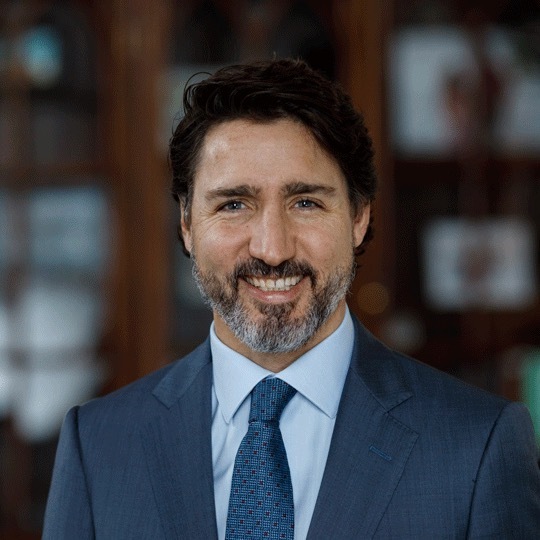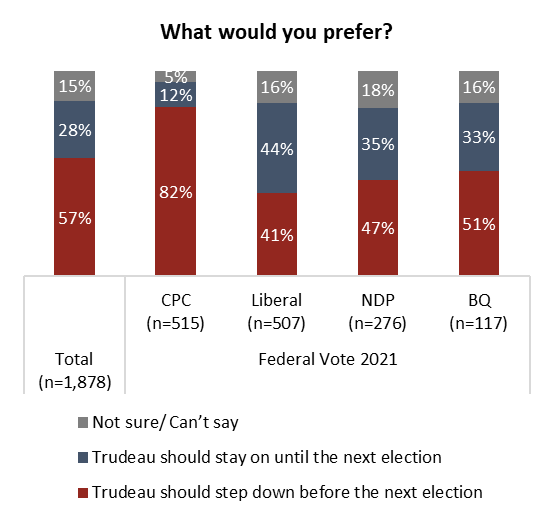September was a turbulent month for Prime Minister Justin Trudeau both at home and on the world stage. His announcement that Indian government agents were linked to the killing on Canadian soil of Hardeep Singh Najjar led to a rocky trip to the G20 summit.
His government also came under fire internationally after a Ukrainian man who served in a Nazi unit during the Second World War was given a standing ovation in parliament, though the prime minister’s office noted that it did not know the man would be invited to parliament. Trudeau said it was Nipissing—Timiskaming MP Anthony Rota who was “solely responsible” for the invite; Rota resigned from his position as speaker of the house.
The burgeoning international conflict between Israel and Hamas now has Trudeau calling for calm, all the while, Canadians navigate domestic challenges, including a widespread cost of living crisis.

Trudeau has made clear his intention to lead the party into the next election, scheduled for 2025. Most voters, including a large portion of his own party supporters, feel he should step down before the next election.
A new study from the non-profit Angus Reid Institute finds more than half of Canadians (57%) holding the view that Trudeau should step down, while three-in-ten (28%) say he should lead the Liberals into the next election. Importantly, 2021 Liberal voters are divided, with close to equal numbers saying he should stay on (44%) or leave the party to a fresh face (41%).
The call for change may be building, as the Liberals trail the opposition Conservative Party by 11 points in vote intention. Currently, 39 per cent would vote for the CPC candidate in their riding, while 28 per cent say the same for the Liberals. One in five (21%) would vote for Jagmeet Singh’s New Democratic Party.
And while Canadian views of the prime minister after eight years have soured from earlier peaks, views of opposition leader Pierre Poilievre remain anything but sweet. Fewer than two in five (37%) view Poilievre favourably, largely unchanged over the last year. Nearly the same number hold a strongly unfavourable view of him (35%), while about half view him unfavourably overall (49%).
But if not Trudeau, then who? Canadians were asked about five prominent political figures in the Liberal universe as potential replacements for the long-tenured PM. Minister of Finance Chrystia Freeland holds the distinction of being the most well-known, and the most likely to generate support from those who would consider the Liberal Party in a future election. That said, no strong consensus exists over who would be the best choice. Close to equal numbers would prefer former Bank of Canada governor Mark Carney, or current Liberal cabinet members Anita Anand, Mélanie Joly, or François-Philippe Champagne.


Three in ten Canadians say Pierre Poilievre would make the best prime minister for Canada (30%). Half as many choose Justin Trudeau (16%) or Jagmeet Singh (15%), while close to the same number say none of them are suited for the job (27%).
Justin Trudeau’s approval matches the lowest mark of his eight-year stint as prime minister at 31 per cent. Two-thirds (64%) say they disapprove of his performance.
The CPC hold a 10-point lead in Ontario over the Liberals (42% to 32%) and is also the top choice in British Columbia, holding an 11-point lead over the NDP in that province (40% to 29%)



